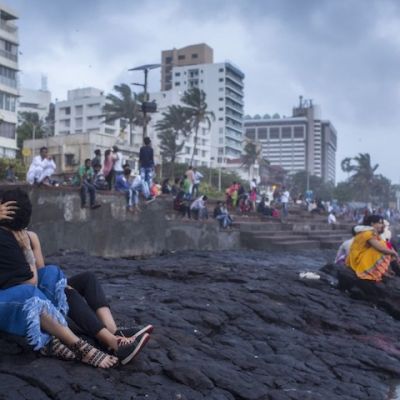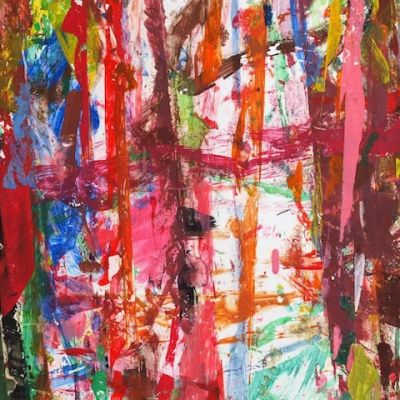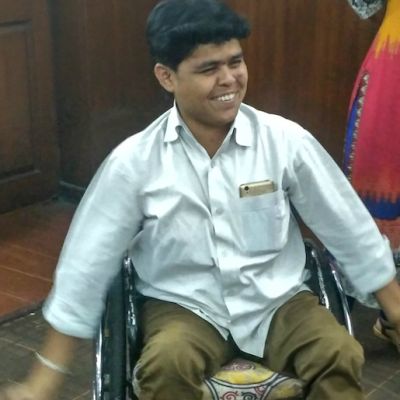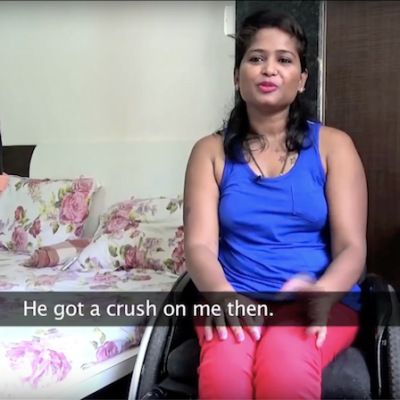Accessibility and Sexuality
We can speak of many situations in terms of access or its lack for all kinds of people, and it will always give us insight into the society we live in in two interdependent ways: one, it reveals a polarity between who is given and who is denied access, and two, it determines the big-picture human value given to the commodity that the access is contested for.
I thought of myself as a feminist activist much before I formally entered the development sector space. I participated in…
प्रत्येक फैंटसी या कल्पना एक बेहद ही निजी अनुभव होती है, भले ही यह मन में ही रखी जाए या दूसरों को बतायी…
As a 17 year old who grew up in a relatively liberal Indian household, I should probably be proud of…
Researchers have developed a high-tech bangle that notifies women of toxic fumes, in hopes of boosting maternal health in South…
Neha is a proud, beaming 16-year-old. Standing on the lawns outside Delhi’s India Gate, she speaks to the camera about…
This article/photo essay was originally published in Gaysi Family. In a society that heavily restricts expressions of sexuality, openly asserting…
they say my body is broken they look at me with pity but little do they know when i scream…
The First International Film Festival for Persons with Disabilities was recently organised by the Ministry of Social Justice and Empowerment…
By Anonymous for Cake: A while back, when I was toying with the idea of coming out to my parents…
The discourse on safer sex is usually couched in medical language– protection from STIs and unwanted pregnancies are what supposedly…
He is the founder of a number of support organisations that focus on sexuality and disability issues at the grassroots. Over multiple conversations conducted in Hindi and English, Kiran and Shikha Aleya discussed issues of sexuality, access and disability based on some of Kiran’s life experiences.
Accessibility begins with access, enabled or denied, to concepts and ideas. At the core, beyond the architecture of the real and virtual worlds, it is about the architecture of the ways in which this access is broadened, to not only accommodate, but to nurture, the myriad expressions of human minds and bodies.
In this video, Nisha and Chetan set the record straight about love, attraction, and disability. Nisha’s life changed after a spinal cord injury that led her to use a wheelchair. She thought romance was off the cards for her – until Chetan came into her life.
Language is central to how we think about concepts and ideas, and rights-based language matters enormously when we talk about sexuality. However, much of what many of us know about sexuality-related topics is constructed, explained and communicated solely in English.















